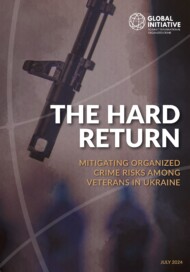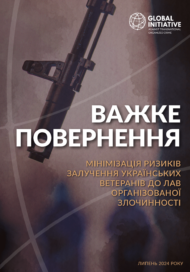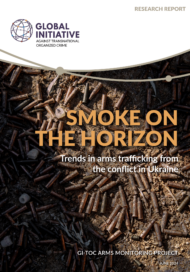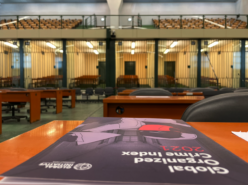Posted on 18 Jul 2024
Amid Ukraine’s ongoing conflict, a critical issue demands attention: the lack of a strategic veterans’ policy to cope with the large numbers of Ukrainian military personnel who will demobilize at some point in the future. Without an effective policy, the risks of veterans being exposed to various forms of organized crime may increase.
The scale of the challenge is enormous. There are more than 1 million Ukrainians in military service at present, 300 000 of whom are in active combat – if only a fraction of these veterans fall into criminal activity, the impact on Ukrainian society will be profound.
This report identifies several key organized crime risks linked to veterans. These include the incidence of drug use among service personnel, the proliferation of weapons in the country, and the possibility of veterans being recruited into or forming organized crime groups. Additionally, veterans may join private security firms, potentially leading to the misuse of military skills in resolving economic disputes.
At present, responses are falling short. In interviews with Ukrainian veterans and NGOs, we were told of a lack of effective psychological, physiological, legal, and social support for veterans. The country also lacks a robust legislative framework to deal with the massive proliferation of trophy weapons in the country, increasing the risks of arms trafficking. A law enabling demobilization is also critically needed.
The report recommends that the state work in partnership with civil society to develop a truly comprehensive and strategic veterans’ policy that encompasses the three strands of demobilization, disarmament and reintegration, or DDR. Key recommendations include simplifying access to benefits, supporting veterans’ networks, and expediting laws on weapons ownership. By addressing these challenges proactively, Ukraine can ensure a safer, more inclusive future for its veterans and society as a whole.





